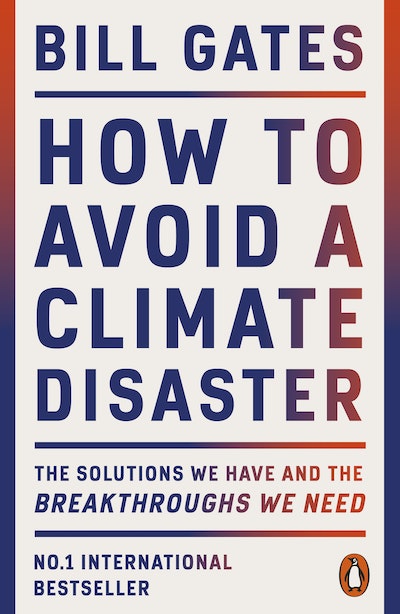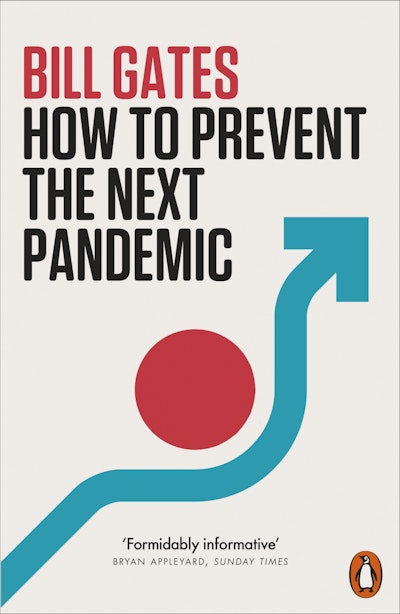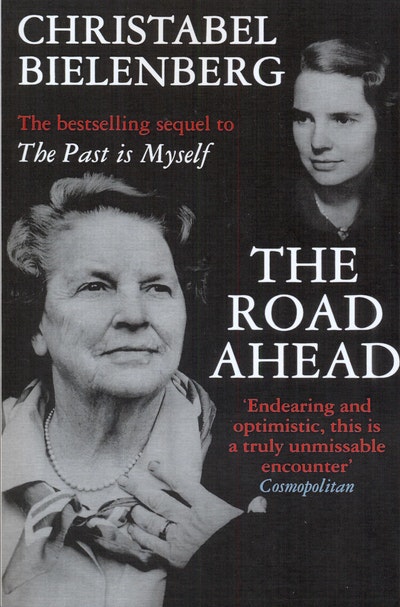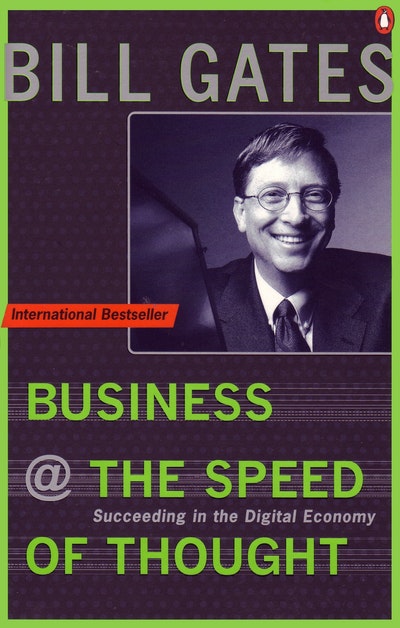- Published: 2 August 2022
- ISBN: 9780141993010
- Imprint: Penguin Press
- Format: Paperback
- Pages: 208
- RRP: $26.99
How to Avoid a Climate Disaster
The Solutions We Have and the Breakthroughs We Need
- Published: 2 August 2022
- ISBN: 9780141993010
- Imprint: Penguin Press
- Format: Paperback
- Pages: 208
- RRP: $26.99
Gates' book is compulsively readable. His ambition was to 'cut through the noise' and give consumers better tools for understanding what works, an ambition he meets admirably. It more than that, however. Gates can get an audience with anyone, can marshal almost limitless resources, and is dogged in the detail. The result - particularly in the wake of the Trump presidency - is thrilling
Emma Brockes, The Guardian
Of the many books I have come across recently making the case that climate change will be a catastrophe, but we can do something about it, this is the best ... The relentless practicality of the book combined with Gates's firm faith in innovation do not promote despair. He exudes optimism; things will get better, not least because, as John Lennon once sang, they can't get no worse
Bryan Appleyard, Sunday Times
Bold but well argued ... a compelling explanation of how the world can stop global warming by reducing greenhouse gas emissions effectively to zero... [Gates] is a serious and genuine force for good on climate change
Bob Ward, Observer
It is mostly concerned with solutions rather than problems. This already marks it out as something of an outlier within environmental literature... if you're after an approachable book about what needs to happen next, this is a great place to start
Ed Conway, The Times
How to Avoid a Climate Disaster is clear, concise on a colossal subject, and intelligently holistic in its approach to the problem.
Adam Vaughan, New Scientist
It all makes for a meaty manifesto which Gates hopes can offer sufficient variety to appeal across political divides and "shift the conversation" away from the polarisation and misinformation that has clouded discussion about climate change up until now.
Martin Bentham, Evening Standard
Gates's carefully packaged nuggets of information are not only easy to understand, but they aim to provide the reader with practical tools to engage with the density of climate change information ... What Gates has achieved with his book is something rare in the swelling arena of popular climate literature. The Microsoft co-founder turned philanthropist has compiled a solutions-based strategy that is as informed on the commercial realities of scaling new technologies as it is on the environmental consequences of not doing so.
Daniel Murray, The Business Post
The most refreshing aspect of this book is its bracing mix of cold-eyed realism and number-crunched optimism ... Ultimately [Gates's] book is a primer on how to reorganise the global economy so that innovation focuses on the world's gravest problems. It is a powerful reminder that if mankind is to get serious about tackling them, it must do more to harness the one natural resource available in infinite quantity-human ingenuity.
Economist
Gates plots out, in patient, simple prose, a pathway that would allow us to reduce carbon emissions from the current 51 billion tonnes a year to zero by 2050.
Thomas Jones, London Review of Books
Books about the environment can induce a paralysing despair. The billionaire Bill Gates is a can-do, problem-solving chap, and his book is full of detailed, practical plans
The Times











